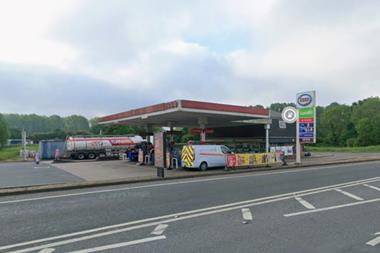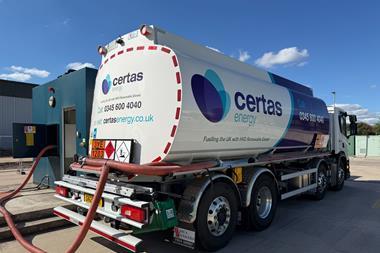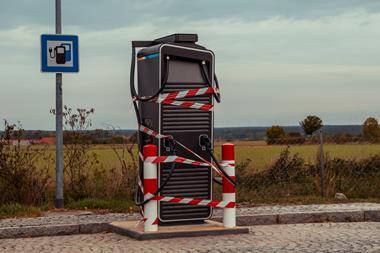Who would have thought it? TV screens showing queues of people desperate to withdraw their savings from a bank they had thought safe. Not in Argentina, not in a banana republic, but in dear old Blighty. So how did this amazing state of affairs come to pass, and what’s it got to do with us?
The perceived wisdom when I was growing up was that inflation was an evil. A gradual, creeping process that eroded the value of your savings and dissuaded a long-term view for both personal and private investment. There are many things over which I take issue with this government but the one thing I cannot refute is that it has presided over a period in which inflation has been almost squeezed out of the psyche.
Now I’m not saying that this has all been down to good management. The emergence of China and India as manufacturing power houses was not brought about by planning and strategy meetings in Downing Street - but the fact remains that we’ve all got used to minimal levels of inflation and, subsequently, historically low interest rates of between 3-5%.
It is these low interest rates that have fuelled a headlong rush of private and corporate investment. On the private side we arrived at six times annual salary mortgages and on the corporate front were the almost obscene highly-leveraged takeovers of solid, conservative companies. The private equity firms raided the balance sheets to pay themselves back handsomely (leaving a once successful company ramped up to the eyeballs in debt) and the banks earned fortunes from the facilitating fees they could charge. And everyone’s a winner until the cry of ’The emperor has no clothes’ is heard and suddenly the capital merry go round comes grinding to a halt.
And the effect on us? On a day-to-day basis, we must expect to see a tightening of the belts by our customers. Spending is 90% confidence and 10% reality. There is no doubt that the banking train hitting the buffers will lead to a significant drop in consumer confidence about the future. More interestingly, perhaps, will be the effect on forecourt capital values.
Over the past few years the prices paid for forecourts have looked totally unsupportable from a financial point of view. The average EKW database site has been pumping five million litres of fuel and over £650,000 through the shop, but earning a miserly £22,000 net profit for all this effort. A site with this profile has been selling at anything from £650,000 to £1m - at very best a return of less than 3.5%. Even allowing for improved profitability through better operations by the new operator, investment decisions like this can only be made when financiers are desperate to lend. They’re not so desperate any more!
Meanwhile... "Hello Gina, love, how are you doing? Is that the new Peugeot you’ve got there - looks very smart. I was only talking to Steve the other day - we were just reminiscing about your wedding. What a fantastic day that was. That’ll be £10. What’s that... 20 Marlboro Lights? Sorry, love, it’s these new rules... I can’t serve you because you’re too young!"
There are times when I wonder what planet the government is on, and the new smoking laws are a classic example. You were old enough to buy your cigs last week but now you’re one week older and you’re too young! When the age limit was 16 it didn’t stop the 12-year-olds puffing away, so what possible good will raising the age to 18 do? With every comedy, however, comes the tragedy and with this legislation comes the hassle and abuse that our staff are going to have to take. And will the Whitehall wizards at least help to make our lives easier by paying for, or at least subsidising, an easy age recognition card? Will they hell. That might cost money! This is yet another case of the government spouting platitudes and making headlines while leaving the poor retailer to carry the can. And I, for one, am sick of it.



























No comments yet